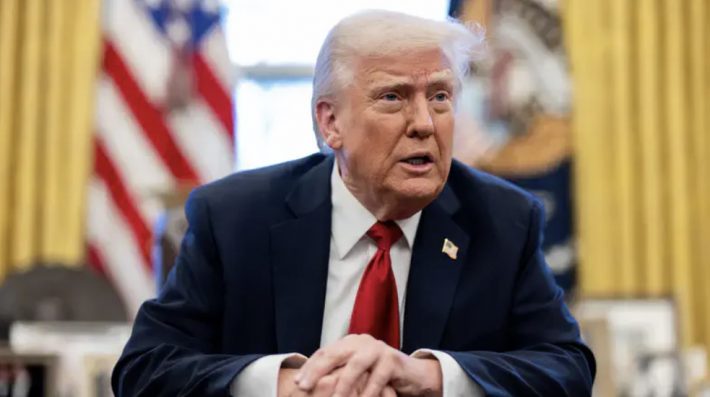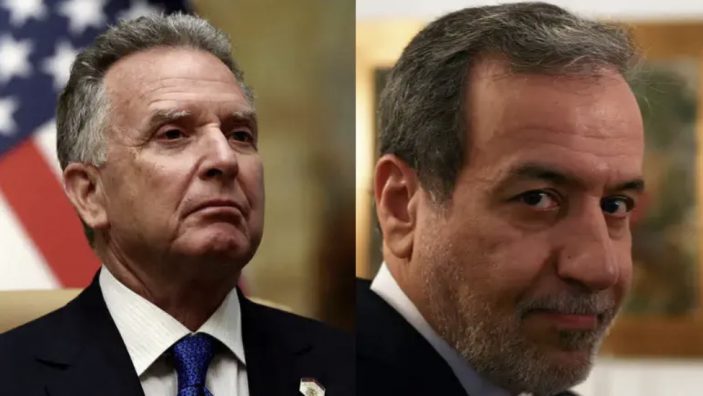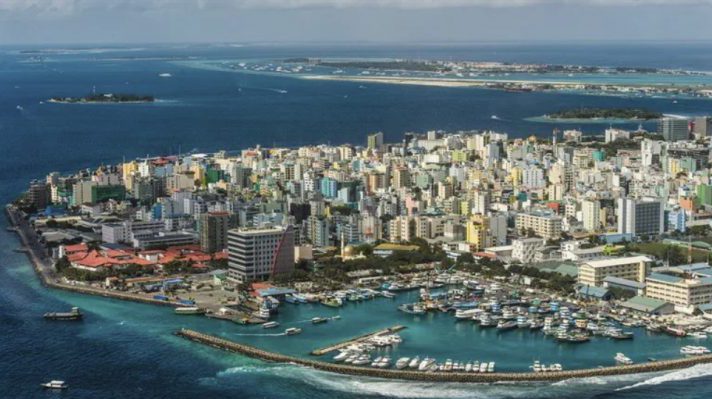A federal appeals court ruled Donald Trump misused emergency powers to impose sweeping tariffs, striking a major blow to his trade agenda while leaving duties in place pending a likely Supreme Court showdown.
Donald Trump’s global tariff offensive hit a major legal setback Friday after the U.S. Court of Appeals for the Federal Circuit ruled that the former president overstepped his authority by invoking emergency powers to slap levies on imports from nearly every country.
In a 7-4 decision, the court found Trump’s reliance on the International Emergency Economic Powers Act (IEEPA) unlawful, stressing that Congress never intended to grant presidents unlimited tariffing powers. The judgment affirmed a May 30 U.S. Court of International Trade ruling, which concluded tariff-setting is a constitutional prerogative of Congress.
Major Questions Doctrine Applied
The appeals court leaned on the Supreme Court’s “major questions doctrine”, previously used to strike down President Biden’s climate and student debt relief programs. Judges ruled that imposing tariffs of such sweeping scope is a matter of “vast economic and political significance” and therefore requires explicit congressional approval.
Historically, IEEPA has been used to freeze assets or impose sanctions during genuine emergencies—not as a blanket tool for tariff wars.
Tariffs Still in Force—for Now
Despite the ruling, the tariffs remain active while the case advances. The administration will now seek Supreme Court review.
Trump responded defiantly:
“ALL TARIFFS ARE STILL IN EFFECT! If scrapped, it would be a total disaster for America.”
Background: ‘Liberation Day’ Tariffs
On April 2, 2025, Trump declared “Liberation Day,” imposing:
- A 10% baseline tariff on most imports
- Reciprocal tariffs up to 50% on countries running trade surpluses with the U.S.
- Additional duties on Canada, Mexico, and China, citing immigration and drug trafficking
Judges ruled such issues do not meet the threshold of “extraordinary threats” under IEEPA.
Economic and Political Impact
Trump claims the tariffs brought $159 billion into the Treasury by July—double the prior year—while forcing allies into unequal trade deals. But critics note the levies:
- Rattled global markets
- Strained ties with U.S. allies
- Raised domestic costs, fueling inflation fears
If ultimately struck down, the Treasury could face massive refund claims from importers.
Next Steps: Toward the Supreme Court
The White House insists the tariffs were lawful, citing national and economic security. Spokesman Kush Desai said Trump will fight for “ultimate victory” in the Supreme Court.
Legal analysts warn, however, that absent IEEPA, Trump would be forced to rely on narrower statutes like Section 301 of the Trade Act of 1974, which limits tariff power and lacks the sweeping emergency authority he claimed.
The ruling has not only shaken Trump’s trade agenda but also set up a historic constitutional clash over how much power a U.S. president truly wields in shaping global commerce.





